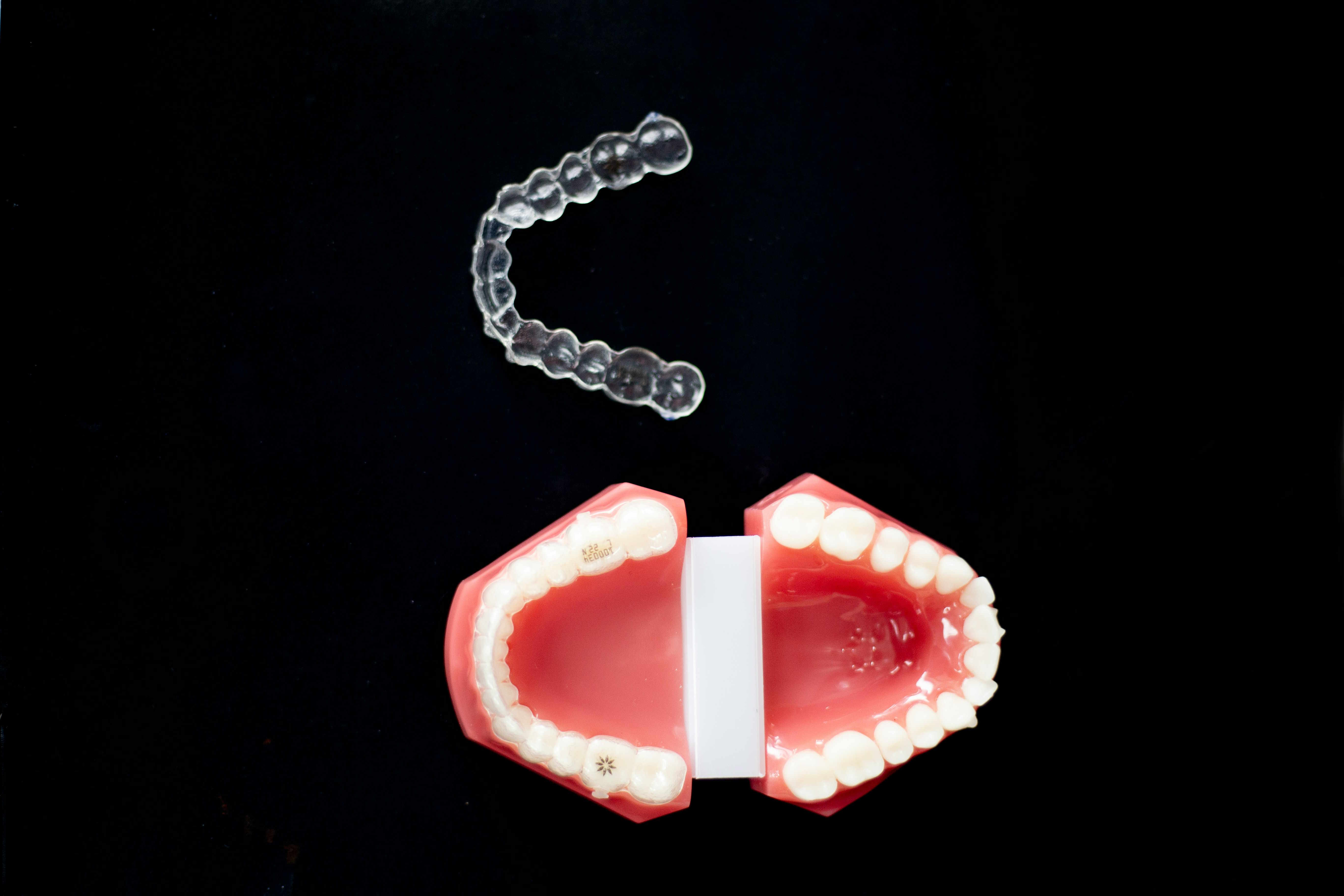Understanding Dentist & Dental Care Essentials
Dental clips are practical tools used in dental care to help with routine procedures and organization. Understanding their uses can make dental visits smoother and support proper hygiene practices, offering a simple way to stay informed about everyday dental care.

Oral health is a cornerstone of overall wellness, and the quality of dental care you receive depends significantly on the expertise of your dentist and the tools they use. Modern dentistry has evolved to incorporate advanced instruments and materials that improve precision, comfort, and treatment outcomes. Whether you’re a dental professional seeking to upgrade your clinic’s equipment or a patient wanting to understand what goes into quality dental care, knowing about professional-grade dental tools and care standards is essential.
What Are Dentist Recommended Dental Clips?
Dental clips are small but crucial instruments used in various dental procedures, from orthodontics to restorative work. Dentist recommended dental clips are specifically designed to meet clinical standards for safety, durability, and precision. These clips serve multiple purposes, including securing dental dams during root canal procedures, holding matrices in place during fillings, and assisting with orthodontic appliance placement. Quality dental clips are typically manufactured from medical-grade stainless steel or titanium alloys to prevent corrosion and ensure biocompatibility. Dentists recommend clips that provide consistent tension, easy application, and reliable performance across multiple sterilization cycles. The selection of appropriate dental clips can significantly affect procedure efficiency and patient comfort, making them an essential component of any well-equipped dental practice.
Professional Dental Clips for Clinics: Standards and Selection
Professional dental clips for clinics must meet stringent regulatory standards set by organizations such as the FDA and ISO. When outfitting a dental clinic, practitioners should prioritize clips that offer ergonomic design for ease of handling, precise manufacturing tolerances for consistent performance, and materials that withstand repeated autoclaving without degradation. Clinics typically stock various clip types including rubber dam clamps, matrix retainers, and orthodontic ligature clips. The selection process involves evaluating supplier certifications, reviewing clinical studies on performance, and considering feedback from dental professionals who use these instruments daily. Many clinics establish relationships with reputable dental supply companies that provide product training and support. Professional-grade clips often come with detailed specifications regarding tensile strength, corrosion resistance, and compatibility with different dental procedures, allowing clinics to make informed purchasing decisions that align with their specific treatment offerings.
High-Quality Dental Clips for Dentists: Features That Matter
High-quality dental clips for dentists are distinguished by several key features that impact both clinical outcomes and practice efficiency. Superior materials ensure longevity and patient safety, with medical-grade stainless steel being the gold standard for most applications. Precision engineering results in clips that maintain consistent clamping force throughout their lifespan, reducing the risk of slippage during procedures. Ergonomic design considerations include comfortable grip surfaces and intuitive application mechanisms that reduce hand fatigue during lengthy procedures. Quality manufacturers also provide detailed documentation regarding sterilization protocols, material composition, and performance specifications. Dentists should look for clips with smooth edges to prevent tissue trauma, appropriate size ranges to accommodate different anatomical variations, and clear markings for easy identification. Investing in high-quality dental clips may involve higher upfront costs but typically results in better patient experiences, fewer instrument replacements, and improved procedural outcomes over time.
Comparing Professional Dental Clip Suppliers
When selecting dental clips for clinical use, understanding the landscape of available suppliers and their offerings helps ensure informed purchasing decisions. The following comparison highlights representative options in the professional dental supply market:
| Supplier Category | Product Range | Key Features | Cost Estimation |
|---|---|---|---|
| Major Dental Supply Companies | Comprehensive clip selection including rubber dam clamps, matrix systems | ISO certified, bulk pricing, technical support | $15-$45 per clip |
| Specialized Orthodontic Suppliers | Orthodontic-specific clips and ligatures | Precision manufacturing, color-coded options | $20-$60 per clip |
| General Medical Equipment Vendors | Basic dental clips and retainers | Standard quality, competitive pricing | $10-$30 per clip |
| Premium Instrument Manufacturers | High-end surgical-grade clips | German/Swiss engineering, lifetime warranties | $40-$100 per clip |
Prices, rates, or cost estimates mentioned in this article are based on the latest available information but may change over time. Independent research is advised before making financial decisions.
Essential Dental Care Practices Beyond Equipment
While quality instruments are fundamental, comprehensive dental care encompasses much more than the tools used. Regular preventive care including biannual cleanings and examinations remains the cornerstone of oral health maintenance. Patients should seek dentists who stay current with continuing education and adopt evidence-based treatment protocols. Effective dental care also involves patient education about proper brushing and flossing techniques, dietary choices that support oral health, and early intervention for emerging issues. Modern dental practices increasingly incorporate digital imaging, laser dentistry, and minimally invasive techniques that improve diagnostic accuracy and treatment comfort. Building a relationship with a trusted dental provider who takes time to explain procedures, answer questions, and develop personalized treatment plans contributes significantly to long-term oral health outcomes. Remember that the best dental care results from a partnership between skilled professionals using quality instruments and informed patients committed to maintaining their oral health between visits.
Conclusion
Quality dental care relies on the combination of skilled practitioners, appropriate clinical protocols, and professional-grade instruments including specialized clips designed for specific procedures. Understanding what distinguishes dentist recommended, professional, and high-quality dental clips helps both practitioners make informed purchasing decisions and patients appreciate the attention to detail that characterizes excellent dental care. As dental technology continues advancing, staying informed about equipment standards and care best practices ensures optimal oral health outcomes for years to come.
This article is for informational purposes only and should not be considered medical advice. Please consult a qualified healthcare professional for personalized guidance and treatment.




